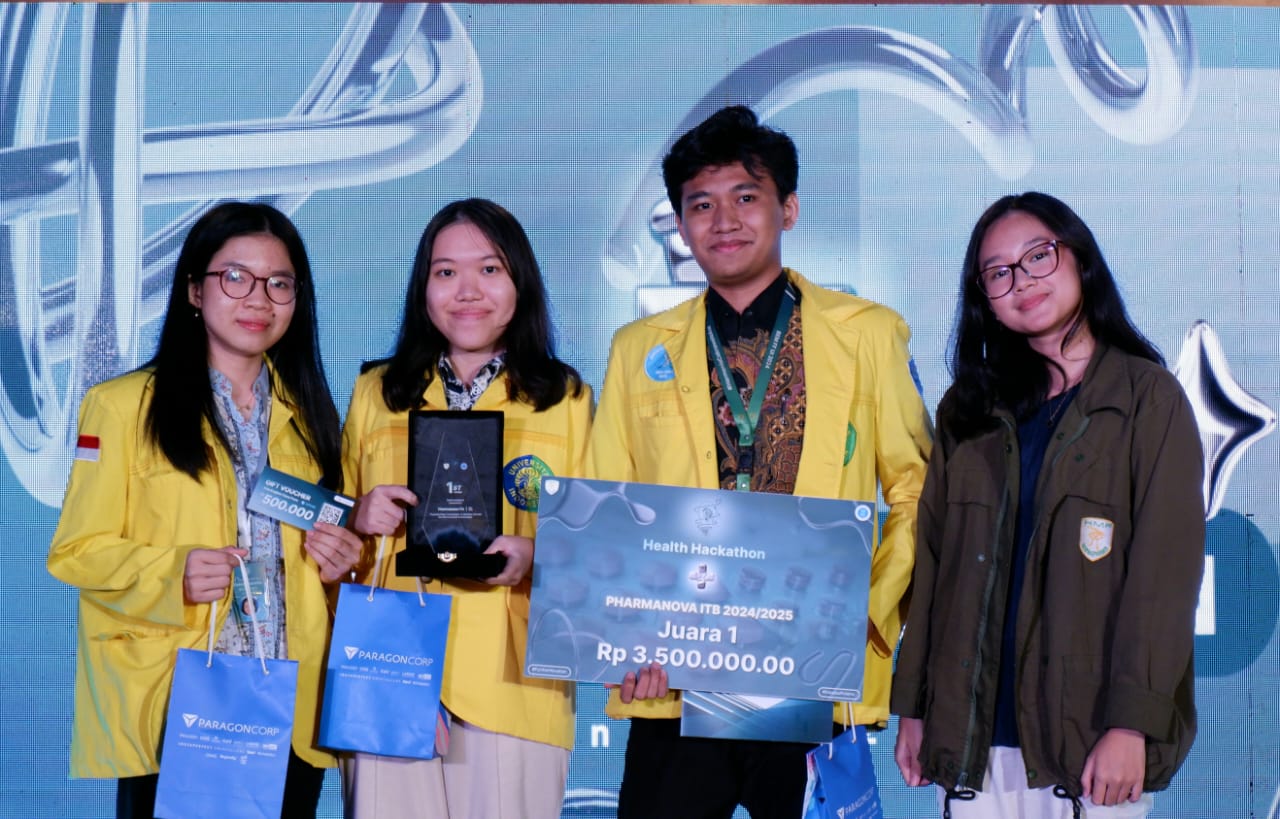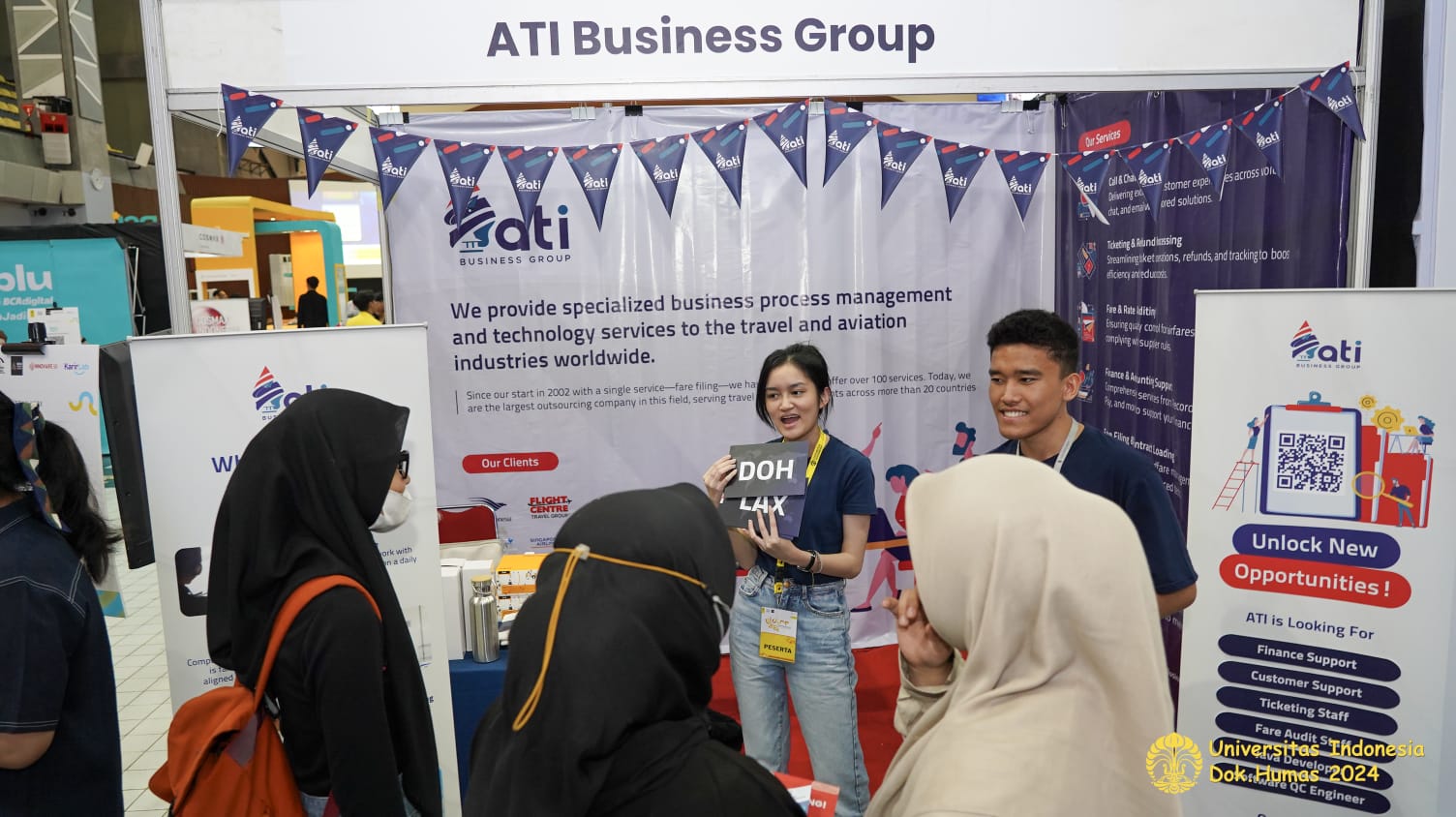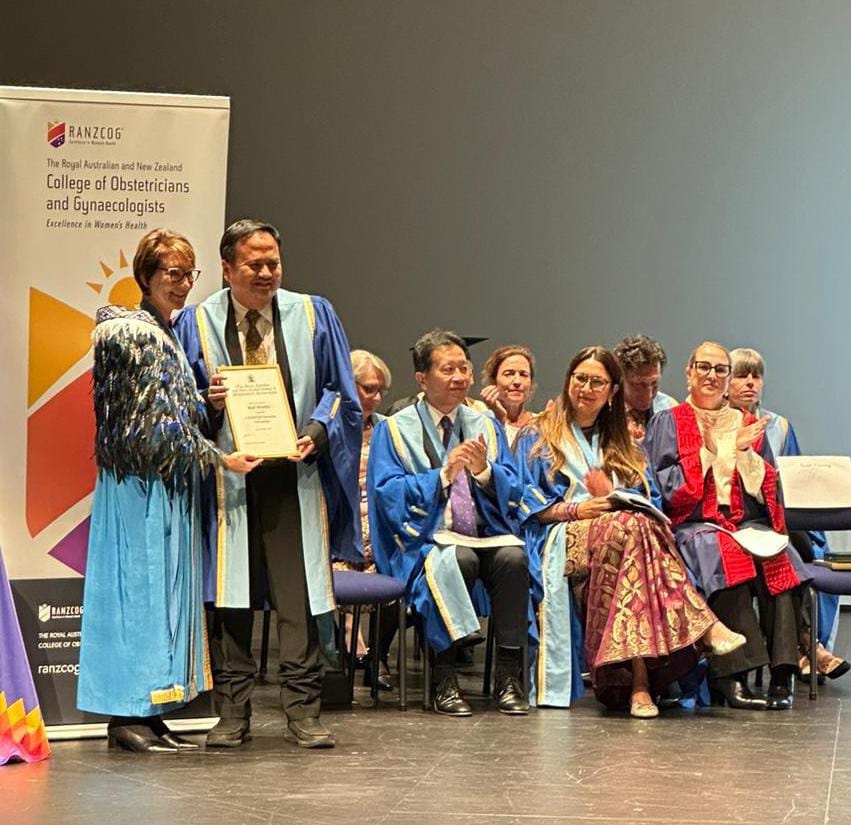Universitas Indonesia (UI) and the Tanoto Foundation in collaboration with the Ministry of National Development Planning (PPN) of the Republic of Indonesia/Bappenas held an International Symposium on Early Childhood Education (ECED) on Thursday (16/11), at Grand Sahid Jaya Jakarta. This activity was an interactive discussion forum between experts, academics, researchers, stakeholders, and leading practitioners regarding the latest findings and research related to early childhood development and education (ECED).
The study of ECED development is considered important because children’s education is the right step in creating a golden generation that is high quality, competent, productive, and highly competitive in the future. Moreover, in 2045, Indonesia is predicted to receive a demographic bonus, with 70 percent of the population being of productive age.
Deputy for Human Development, Society and Culture, Ministry of National Development Planning/Bappenas, Drs. Amich Alhumami, M.A., M.Ed., Ph.D., said that ECED is the government’s commitment within the framework of the National Medium Term Development Plan (RPJMN) which is contained in the Priority Program for Equitable Quality Education Services. According to him, building a strong foundation in the early days of a child’s life is the key to creating an inclusive, competitive, and sustainable society.
“It is important to remember that investment in PAUD not only has a positive impact on the development of individual children, but also has a positive impact on society and the economy as a whole,” said Amich.
Amich’s statement is based on a brief study by Bappenas using data on countries that are members of the Organization for Economic Co-operation and Development (OECD). In this study, it was found that early childhood development has a very positive influence on a country’s literacy and numeracy achievements, which are the forerunners of a nation’s Human Capital competitiveness in the future. “However, this is a cross-sector effort, thus cooperation between stakeholders is needed. Including this, it is very important to involve academics and development partners so that Golden Indonesia 2045 can be realized,” said Amich.
Responding to this challenge, UI Vice Rector for Research and Innovation, drg. Nurtami, Ph.D., Sp, OF(K), realizes the important role of universities and higher education institutions in preparing the nation’s next generation. According to her, there are four main steps that academics can take to improve the quality of Indonesia’s human resources. First, academics must be committed to improving the quality of ECED in Indonesia through teacher training, providing appropriate resources, and developing curricula that are aligned with children’s developmental stages.
Second, universities must collaborate with the government, non-government organizations, and the private sector to create an educational environment that supports children’s development. Third, carry out research and innovation in the field of ECED to help create a conducive environment for optimal child growth and development. Finally, academics must ensure that ECED becomes an integral part of higher education programs.
“We must realize that early childhood education is not solely the responsibility of universities or higher education institutions, but is a shared responsibility. We all have to contribute actively, educate the public, and ensure that our children get the best education from an early age,” said drg. Nurtami.
Meanwhile, Tanoto Foundation Indonesia Country Head, Inge Kusuma, said that the Tanoto Foundation is committed to continuing the contribution to various efforts to improve the quality of early childhood development, care, and education in Indonesia. “We hope that this collaboration can highlight issues of early childhood development and education that still need attention, especially in improving multidisciplinary child development science. It is important for all parties to understand the need for involvement of various sectors to jointly create an ecosystem that supports optimal child growth and development,” said Inge.
The International Symposium on ECED was divided into three discussion sessions and a Brainstorming session on the ECED Ecosystem Initiative. In the first session, Prof. Scott Rozelle (Stanford University), Milda Irhamni (UI Faculty of Economics and Business), Didik Darmanto, S.Sos., MPA (Ministry of National Development Planning/Bappenas), and Syifa Andina (FMHC) reviewed topics related to early childhood development from an economic perspective, the importance of investment in this field, government plans regarding early childhood development, as well as case studies of women’s empowerment to support early childhood development.
In the second session, the discussion was carried out by Ana Maria Rodriguez (UNICEF EAPRO), Katheryn Bennet (UNICEF Indonesia), Komalasari, M.Pd. (Kemendikbudristek), Dr. Irma Adriana, MAPS (BKKBN), and Yulida Pangastuti, Ph.D. (Gadjah Mada University) which discussed the latest research in the field of ECED as well as research on the provision and opportunities for care services through public health service platforms. Apart from that, on that occasion, the ASEAN ECCE Declaration program and Integrative Holistic Toddler Family Development were also discussed.
The final discussion session of the International Symposium on ECED was filled by four speakers, namely Rushda Majeed (Bernard van Leer Foundation), Prof. Paramita Atmodiwirjo (UI Faculty of Engineering), Rohika Kurniadi Sari, S.H. M.Si. (Children’s Rights to Care and Environment), and Efriyani Juwita (UI Faculty of Psychology). The four speakers discussed topics regarding early childhood development from an environmental perspective, Indonesian national standards regarding child-friendly spaces, and the impact of the environment on children’s development.
Apart from discussion sessions, the International Symposium on ECED also presented a Brainstorming session on ECED Ecosystem Initiative which gathered various ECED experts in an effort to create a future ECED roadmap. In this session, speakers were present, namely Eddy Henry (Head of Policy & Advocacy Tanoto Foundation), Dr. Roger Yap Chao, Jr. (ASEAN Secretariat), and Prof. dr. Endang L. Achadi, MPH, Dr.PH. (UI Faculty of Public Health).



